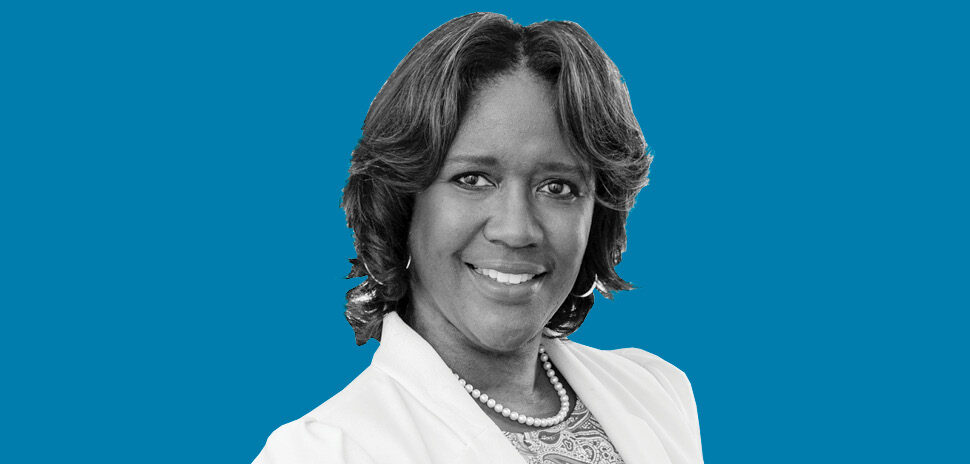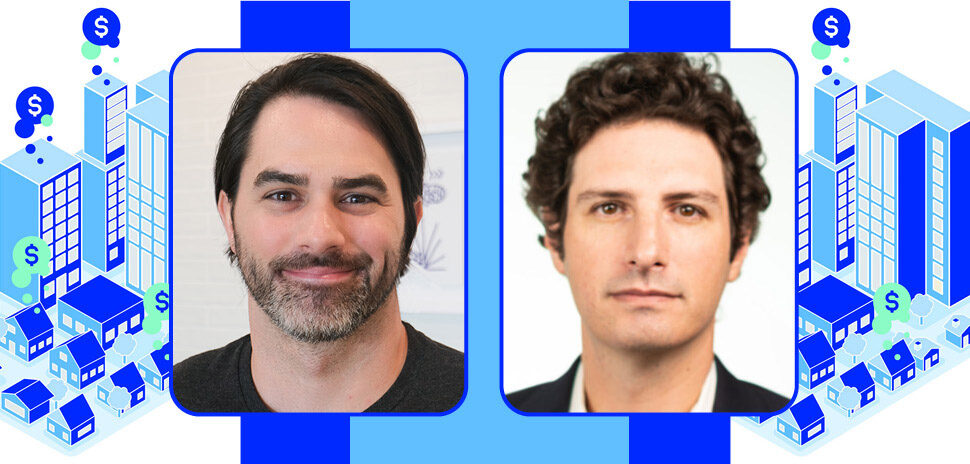A new program has arrived in Dallas that aims to break down barriers for real estate developers of color—helping them advance in the region’s real estate boom while creating much-needed more affordable housing.
Capital Impact Partners’ Equitable Development Initiative has already been rolled out in three other cities—Detroit, metro Washington, D.C., and the San Francisco Bay Area—training more than 200 developers of color since 2018. Now it’s landed in Dallas with funding support from JPMorgan Chase & Co. and Charles Schwab Bank.
The inaugural program in Dallas will provide assistance to around 20 emerging real estate developers of color, helping them grow their businesses in an industry where they are “severely underrepresented,” Capital Impact announced today.
“Systemic barriers have prevented developers of color from accessing capital and achieving their potential in helping communities across the country,” said Ellis Carr, president and CEO of Capital Impact Partners and CDC Small Business Finance, in a statement.
“There are so many talented developers of color who are ready to work with local neighborhoods to create housing solutions that uplift and support communities,” Carr added. As in the program’s first three cities, he said, “our EDI program will begin to build a more equitable real estate development ecosystem here in Dallas.”
‘Creating a more inclusive economy in Dallas’
Michelle Thomas, executive director and head of philanthropy for JPMorgan Chase in Dallas/Fort Worth, calls the program a “huge opportunity.”
“This is all about creating a more inclusive economy in Dallas,” Thomas said in the statement. “When we think about closing the gap in financing available to developers of color, this is a huge opportunity. There is an incredible need for new and affordable housing across the country, and we’re glad to partner with Capital Impact Partners to support our local developers of color who are working to address this issue in their communities.”
Capital Impact says the lack of equitable representation in Dallas has affected more than just developers of color—it’s impacted Dallas’ communities of color as well. It notes that Dallas currently has a 20,000-unit shortage of affordable homes—forcing communities of color to be pushed farther out of the city due to rising home costs, lack of housing inventory, and gentrification.
Barriers include capital access, equity, and experience
The program plans to help its participants break down three specific barriers: the lack of access to capital, equity and experience, which Capital Impact says are the result of “generations of structural racism and disinvestment.”
To break down those barriers, program participants will receive broad-based training in everything from project budgeting to real estate finance, project and contractor management, legal services, and community engagement. They’ll also be trained in local mentorship, network building, and pathways to access funding.
To date, Capital Impact says it has invested over $88 million in affordable housing, education, and more, and part of that has been in existing investments “across Texas.” It says it will be expanding its Texas investments to spur community and economic development, “based on identified needs in underestimated communities.”
$500,000 in grant funding, and more
JPMorgan Chase & Co. is providing $500,000 in grant funding for the Equitable Development Initiative’s Dallas expansion, Capital Impact said, adding that it has also received a grant for the expansion from Charles Schwab Bank.
Many of graduates of the program in the other three cities have since gone on to create their own organizations, build local developments, and foster peer-to-peer networks, Capital Impact says.
Applications accepted now through May 6
Developers of color can apply to the EDI program today through May 6, 2022 by going here. Participants will be based on the following guidelines. Developers should:
• Identify as racial or ethnic minorities
• Be actively working to further careers in real estate development with some real estate development experience
• Live in or near the primary metropolitan area of the program, and have a strong connection to the city/region in which they are working
• Demonstrate a commitment to their city/region’s revitalization
• Be interested in responding to requests for proposals for real estate development opportunities with or without a development partner in the next 1-2 years
![]()
Get on the list.
Dallas Innovates, every day.
Sign up to keep your eye on what’s new and next in Dallas-Fort Worth, every day.






























